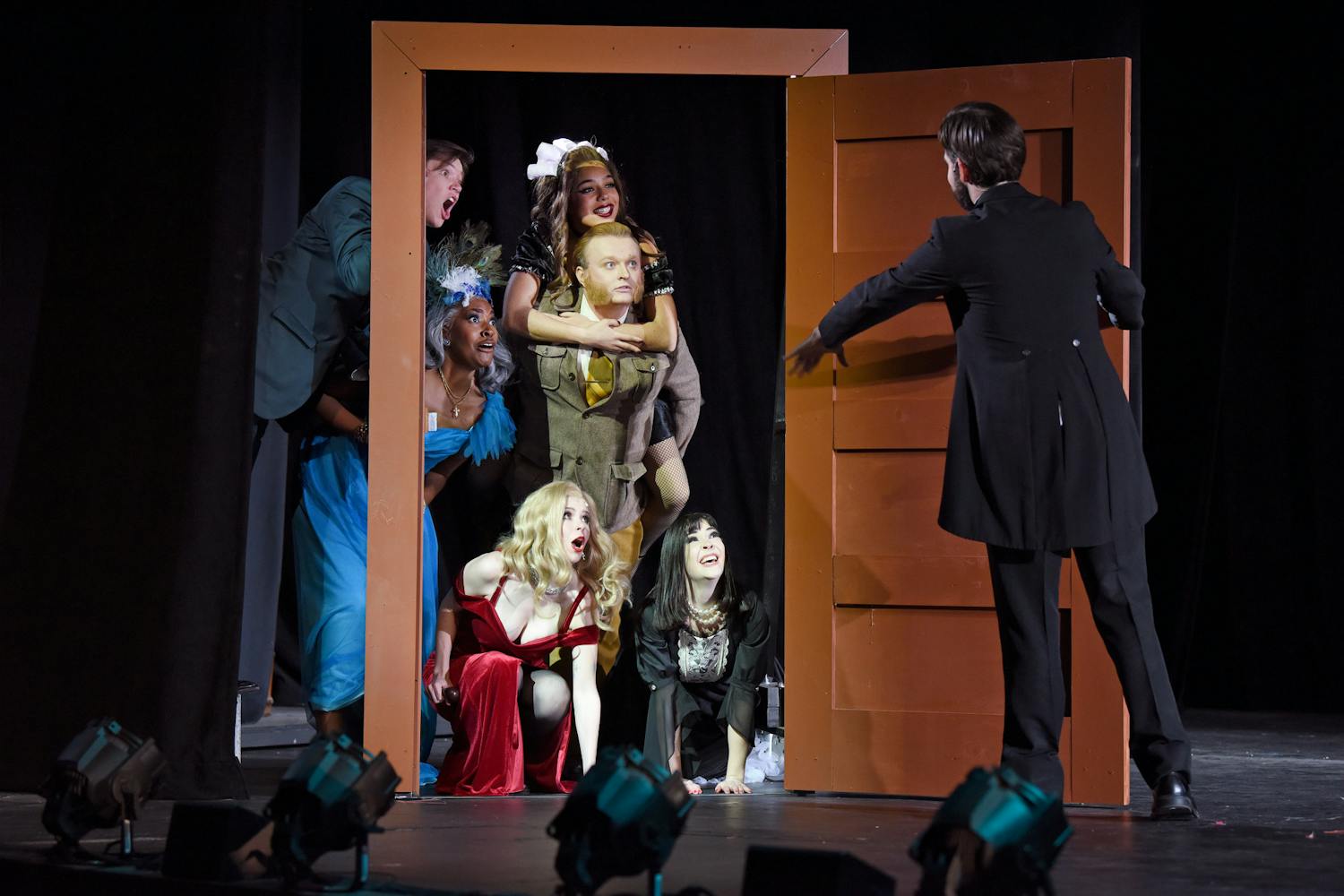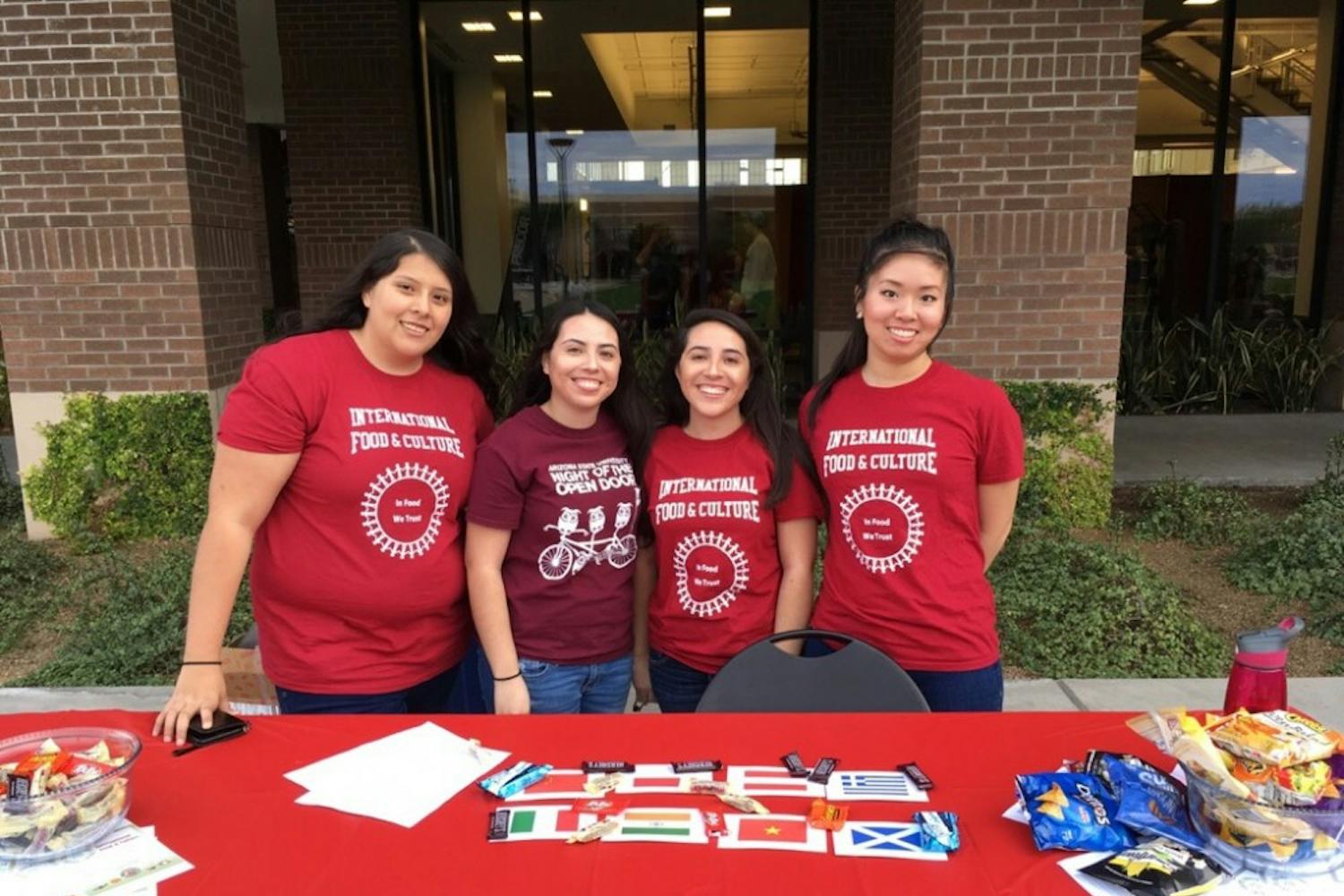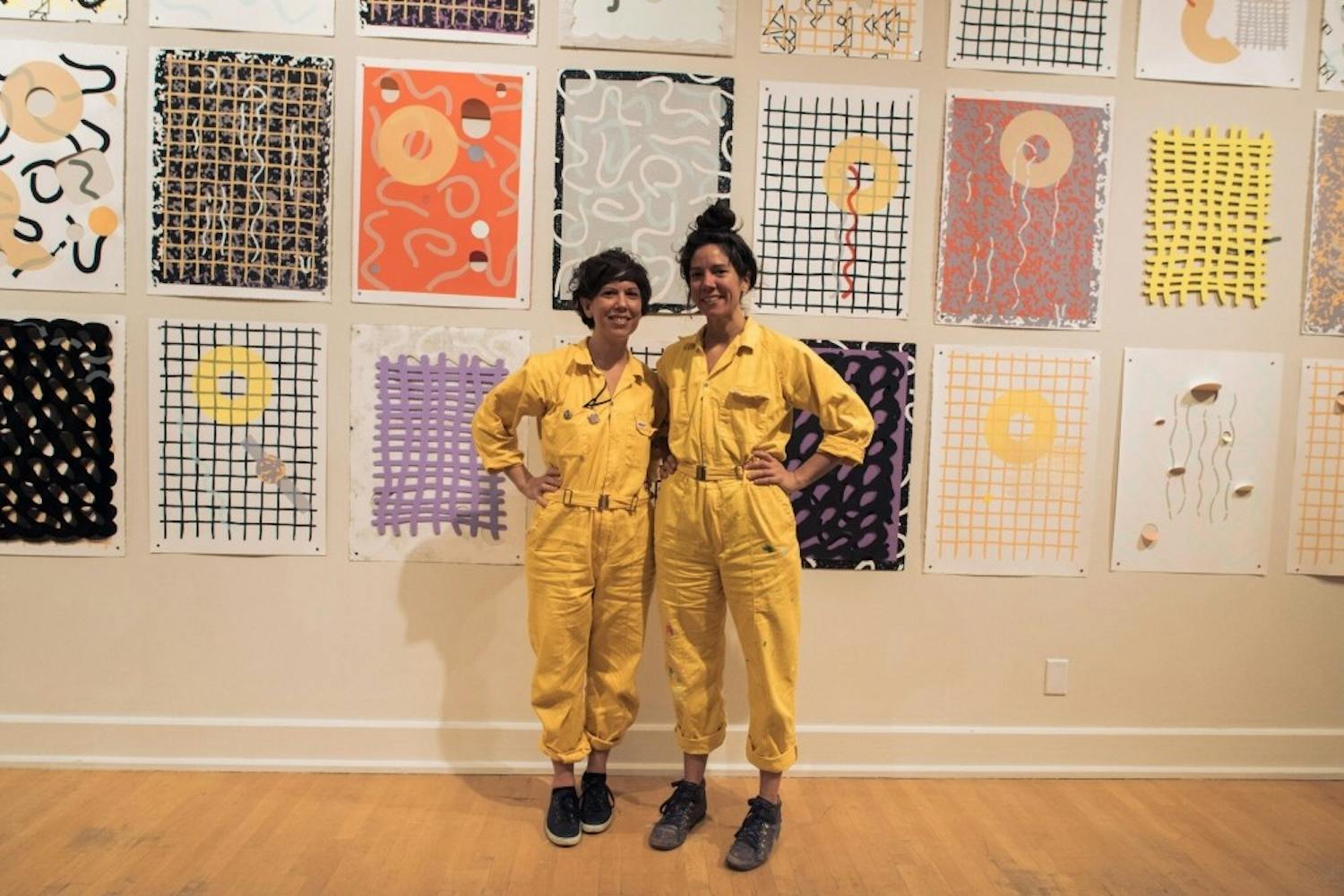Students and citizens itching to talk about the war in Iraq will have an outlet to do so this week at the ASU Art Museum.
This Wednesday from noon to 5 p.m., “It Is What It Is: Conversations About Iraq” will park its RV and a car destroyed by a suicide bomb outside the museum as a starting point for discussion about the nation of Iraq and the war within it.
“The idea really stems from the Iraq conflict itself,” said Jeremy Deller, the traveling show’s artist.
“I thought, I want to do something in a way that the public and myself can see something from that country — something that’s tangible — and that’s where the car comes in. It’s really about drawing on people’s experiences.”
The most fascinating thing about Iraq, Deller said, is the diversity of its culture.
“It’s a hugely complex country, with all these different tribes and sects and cultures, and it’s complicated because of all that,” he said.
The project ran at the New Museum in New York during February and March before setting out on a road trip across the country with the goal of encouraging conversation and the sharing of experiences.
“If you don’t meet people who have actually been there and had personal experiences there, then you’re just watching people on TV,” Deller said. “Talking to these people face-to-face gives you much huger perspective — the larger, prolific picture of day-to-day life in Iraq.”
Although centered on a hot-button issue, the project has a nonpartisan, nonactivist stance on the conflict, Deller said.
“We’re trying to make it about the war, but it is not a pro-or antiwar statement,” Deller said. “Because otherwise you shut down any opportunity for conversation because people with strong opinions just stick to them instead of being curious, asking questions and having a real discussion.”
And that’s where Jonathan Harvey and Esam Pasha come in.
Harvey, a platoon sergeant in the U.S. Army, has lived in more than 25 countries and received many medals during his 12-year tenure with the military. A specialist in the psychological effects of warfare, Harvey is also an experienced teacher of veterans and students, according to his biography.
Pasha is an Iraqi-born translator, artist and journalist with experience working for the British Embassy in Baghdad and the Coalition in Iraq.
Deller said he has not yet been to Iraq because of the dangers, but plans to go by the end of the year.
“I’m around to make sure [the project] runs smoothly as a project and to listen to what others have to say,” Deller said. “I’m somewhat of a facilitator for the people really doing the work.”
The car in the display has a story to tell, as well — it was destroyed in an attack on a crowded Al-Mutanabbi book market in central Baghdad in March 2007.
“The car is a huge object, and it gets people to stop and ask questions and engage in conversation,” Deller said. “But it also represents an aspect of life in Iraq that is very difficult — something we see on the news all the time, but we never see it in the flesh. It’s a destroyed car from a huge bomb attack. That’s what it is, and there’s no getting away from it.”
The bombing targeted the 1,200-year-old Al-Mutanabbi strip that is a cultural and social hub in Baghdad, and was interpreted as a clear and intentional attack on contemporary Iraqi culture, he said.
Deller said the most memorable interaction during the “It Is What It Is” tour so far has been with veterans.
“We’ve had a lot of vets come — from Vietnam and the current conflict in Iraq too,” he said. “They really enjoy it and appreciate it that it’s in the public eye. Some of them feel the war has disappeared here and there’s no connection with it for people.”
Students and community members wishing to talk about Iraq can participate in informal conversations at the event Wednesday.
“I hope people see the object, have a conversation with someone and go away with something or some sort of experience,” Deller said.
A Road Diary on conversationsaboutiraq.org documents the journey in videos, photographs and blog-style postings.
Reach the reporter at melanie.kiser@asu.edu.



